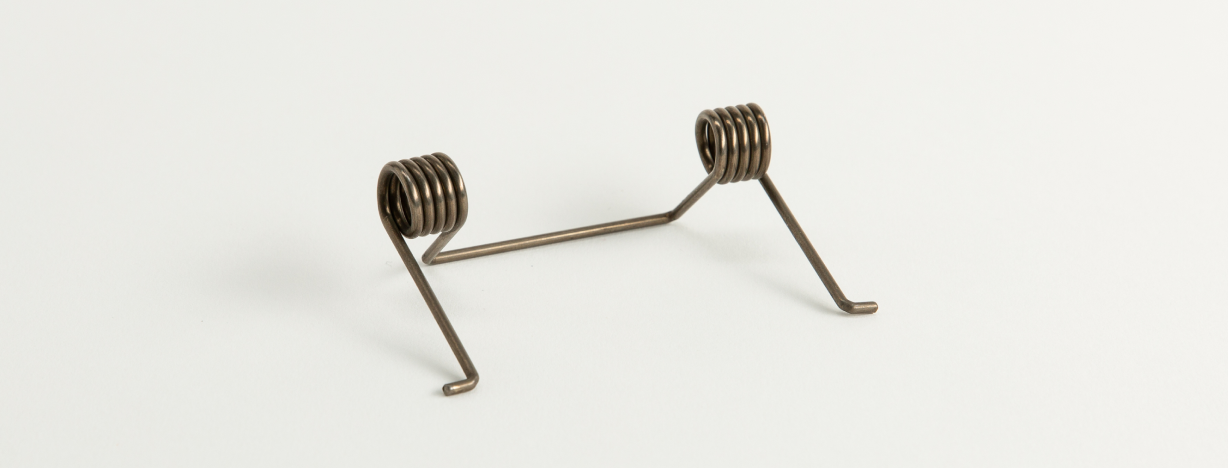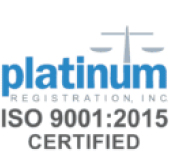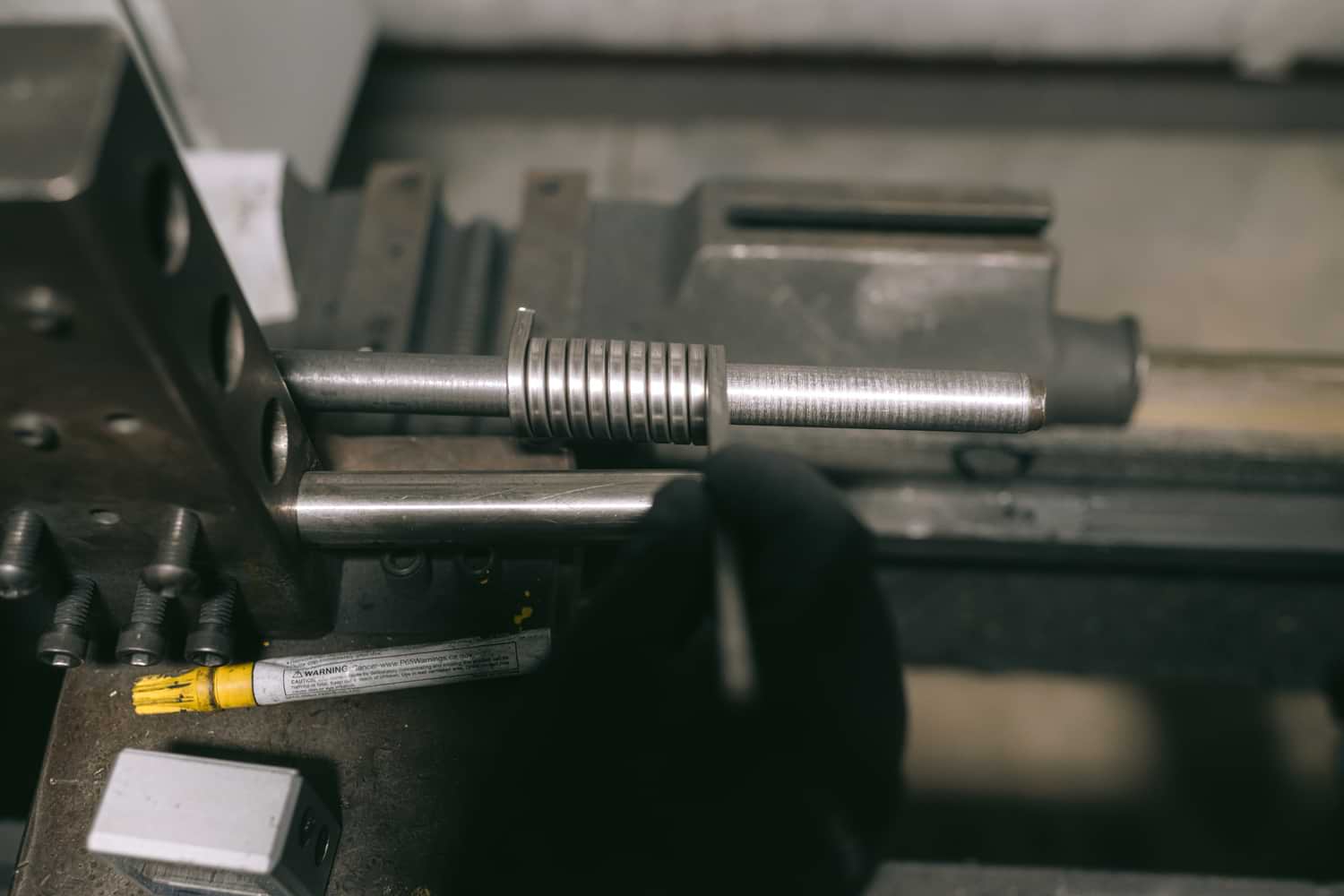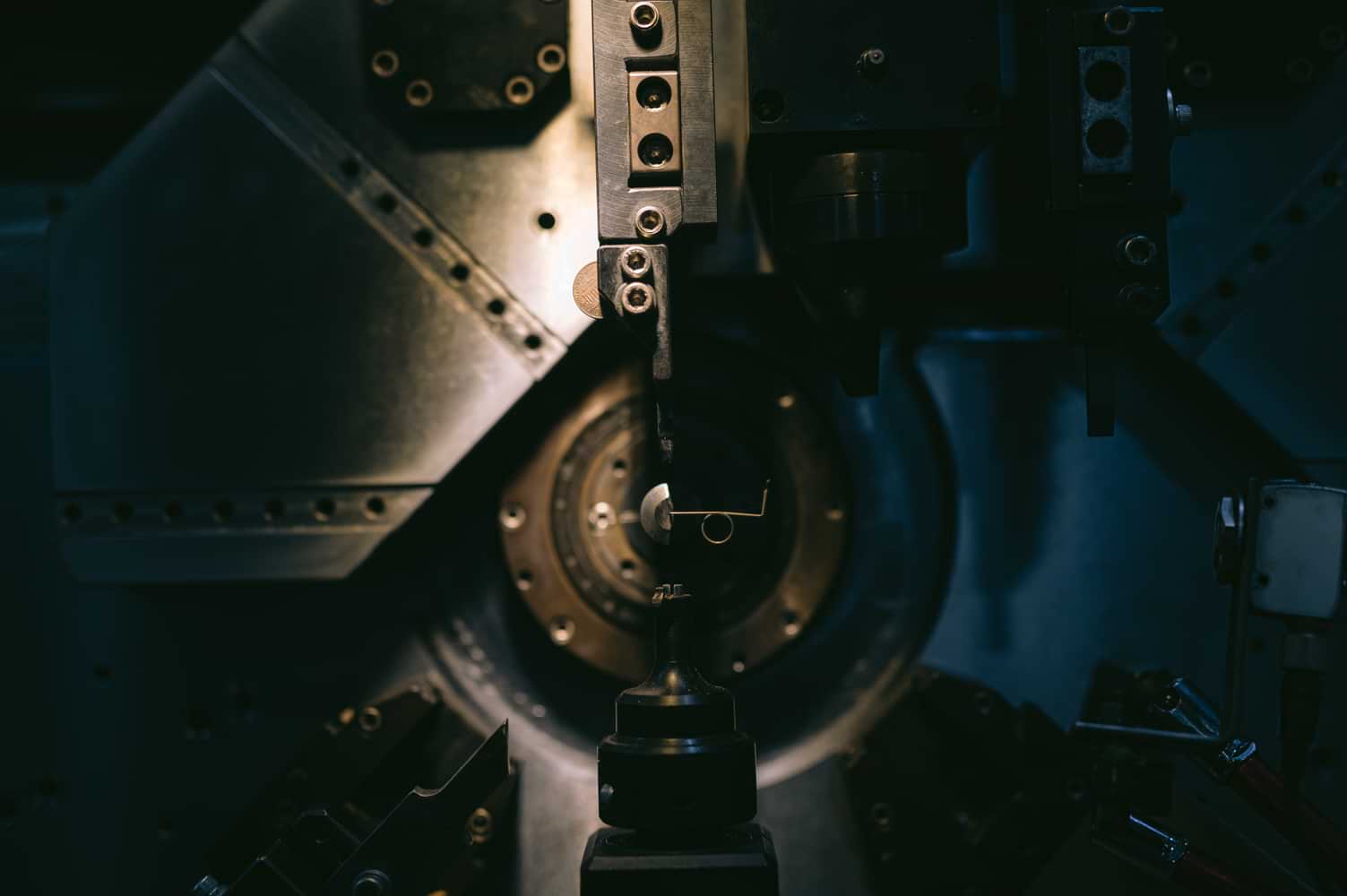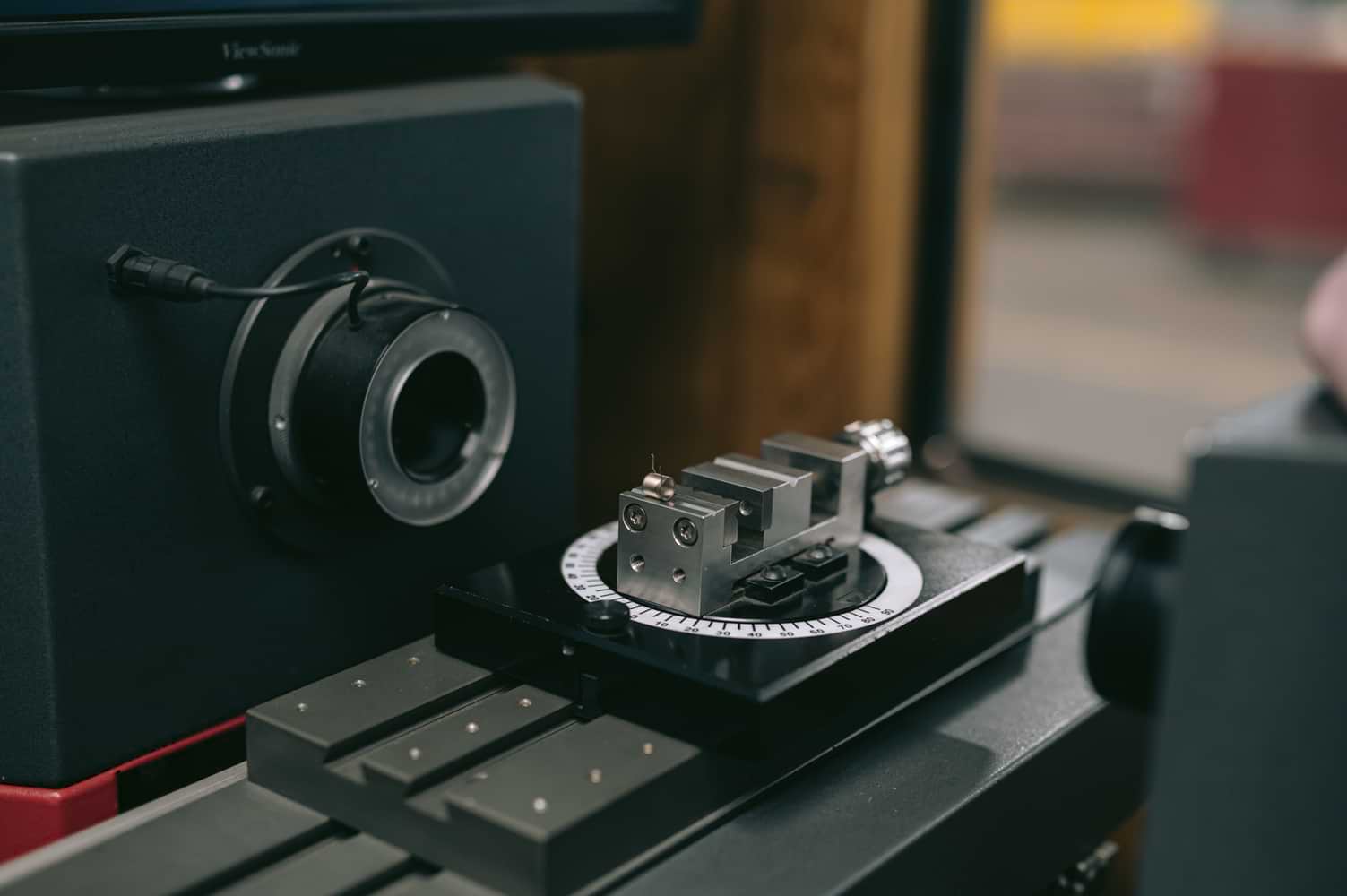Key Characteristics
Shape and Design: Torsion springs are typically helically wound and have arms or legs extending from the ends, which attach to other components. When these arms are rotated around the spring’s axis, the spring stores energy by twisting.
Material: Torsion springs are made from high-strength materials such as stainless steel, music wire, or other durable alloys. This ensures they can withstand the repeated stress of twisting and untwisting.
Functionality: Torsion springs provide resistance to rotational or twisting forces. The amount of torque they produce is proportional to the degree of rotation and the spring’s stiffness.
Advantages of Using Torsion Springs:
Rotational Force: Torsion springs are specifically designed to provide torque or rotational force, making them ideal for applications requiring controlled rotational energy.
Durability: Constructed from robust materials, torsion springs are designed to endure repeated twisting and maintain their mechanical properties over time.
Versatility: They can be designed in various sizes, shapes, and torque ratings to meet specific application requirements.
Precision: Torsion springs offer precise control over the force and angle of rotation, ensuring reliable and repeatable performance.
view product overview 
Looking for
something custom?
Torsion springs are helical springs that exert a torque or rotary force and are subject to bending stresses.
Get A Custom Quote
Order Custom Springs
The basic information needed by Katy Spring is material, wire size, free length, number of coils, travel, diameter, end types, finish, works over, works in, and maximum solid height.
- request a quote
- Questions? (281) 391-1888

Leaders in custom springs
Regardless of the custom spring type, quantity, or size, the team at Katy Spring is ready and able to help deliver precision and quality quickly. Our smooth processes and extensive quality checks mean you’ll enjoy the approach just as much as the product. We’ve love to earn your business. Reach out today.

Katy Spring
Partners in Precision
Shape & Sizes
No matter the shape, size, or functionality, Katy Spring can help design a custom spring to fulfill your requirements.
Body Types
Cylindrical
Conical
Barrel
Hooked
Variable Pitch
Common Spring Materials
Carbon Steel
Alloy Steel
Stainless Steel
Nickel Alloys
Copper Alloys
Brass
product gallery
katy spring has manufactured over 10M springs made since 1999
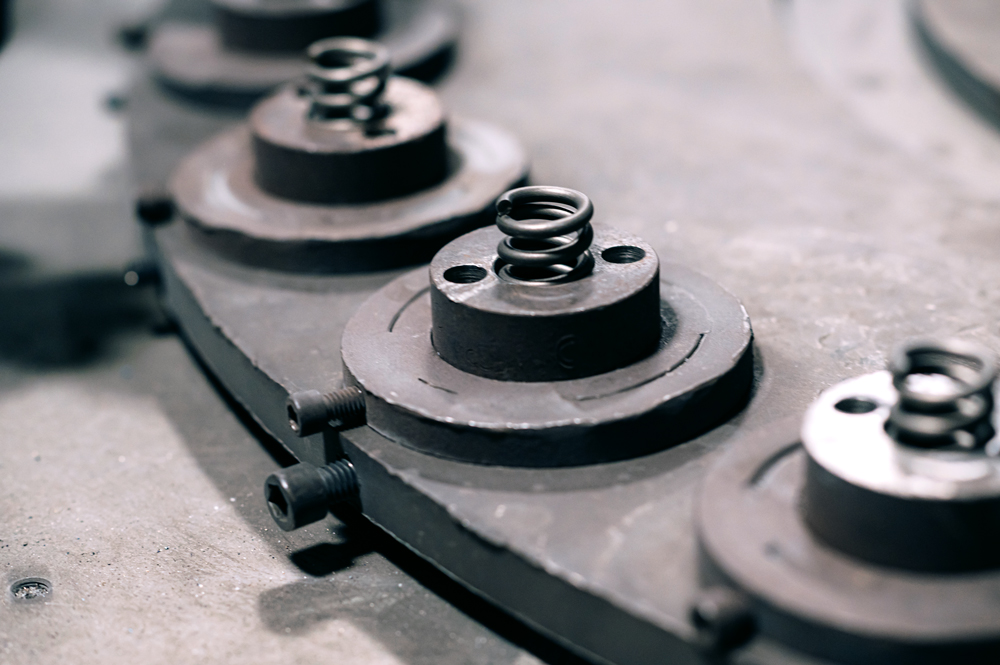
Celebrating 25 years of precision
quality + precision for over 25 years.
For over two decades we have delivered quality products made to the specifications of our customers. Our customers’ success is at the forefront, meaning every details matters to Katy Spring.
What our customers say

“ Definitively I will Katy Spring in our preferred list of spring supplier, excellence and fast quoting service.”

-
Héctor G.
Precision Tools

“ Spot on. Let me get in touch with our customer to see how they want to proceed. Thank you for the quick...”

-
Joe H.
Oil Rig Design Engineer

“ I have at least three more good volume items to quote. I will get those over to you. Your pricing has been...”

-
Marsha R
Engineered Valves
Need a quote? It’s quick and easy, start here:
ordering custom torsion springs
To define, torque is a force that produces rotation. Torsion springs exert force in a circular arc in which the arms rotate about a central axis. The stress is in bending. In the spring industry, it is customary to specify torque with deflection or with the arms at a definite position. Formulas for torque are in inch-pounds. When a force is specified at a distance from the centerline, the torque, is called the moment, is equal to the force multiplied by the distance.
Several methods for designing torsion springs can be used. The easiest would be to contact Katy Spring with parameters including; force needed, space limitations, shaft size, maximum body length allowed, environment the spring is used in, and number of deflections. These can be calculated manually but are done much easier with spring design software.
Types of Torsion Springs:
We offer many variations of springs for your project. Select one to learn more:
other springs we manufacture:
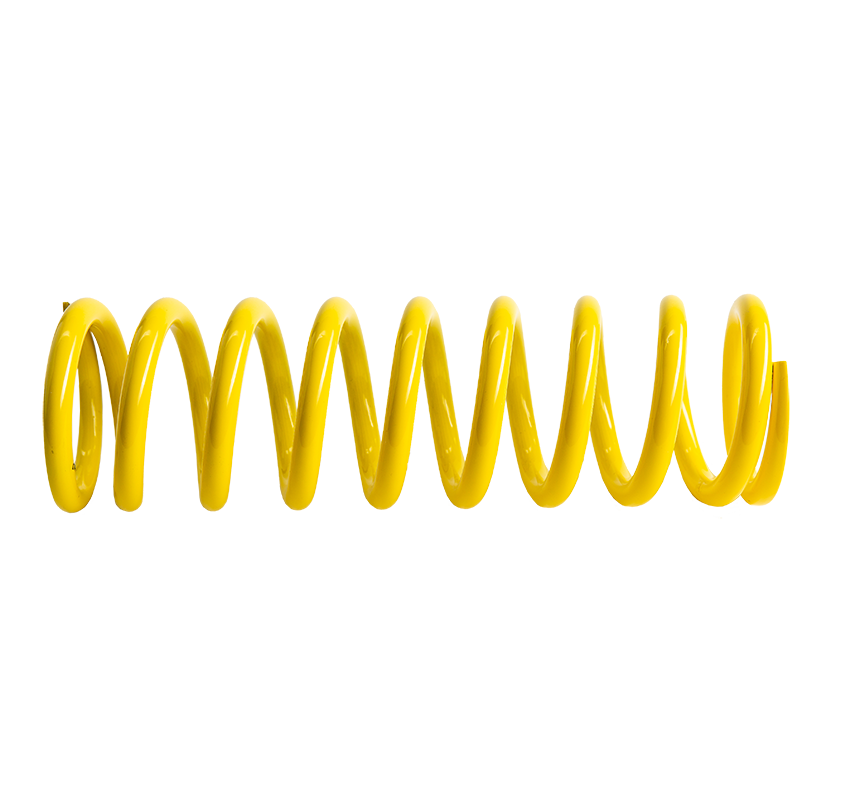
Compression Springs
A compression spring is a type of mechanical spring designed to resist compressive forces. When subjected to a load, it compresses and stores mechanical energy. Upon the release of the load, the spring returns to its original shape, releasing the stored energy.
- conical
- -
- concave
- -
- convex

Extension Springs
An extension spring is a type of helical (coiled) spring designed to store energy and resist a pulling force. When extended, it exerts a return force to pull the components back together. These springs are used in various applications requiring tension, resistance, and the ability to return to a pre-determined position after being stretched.
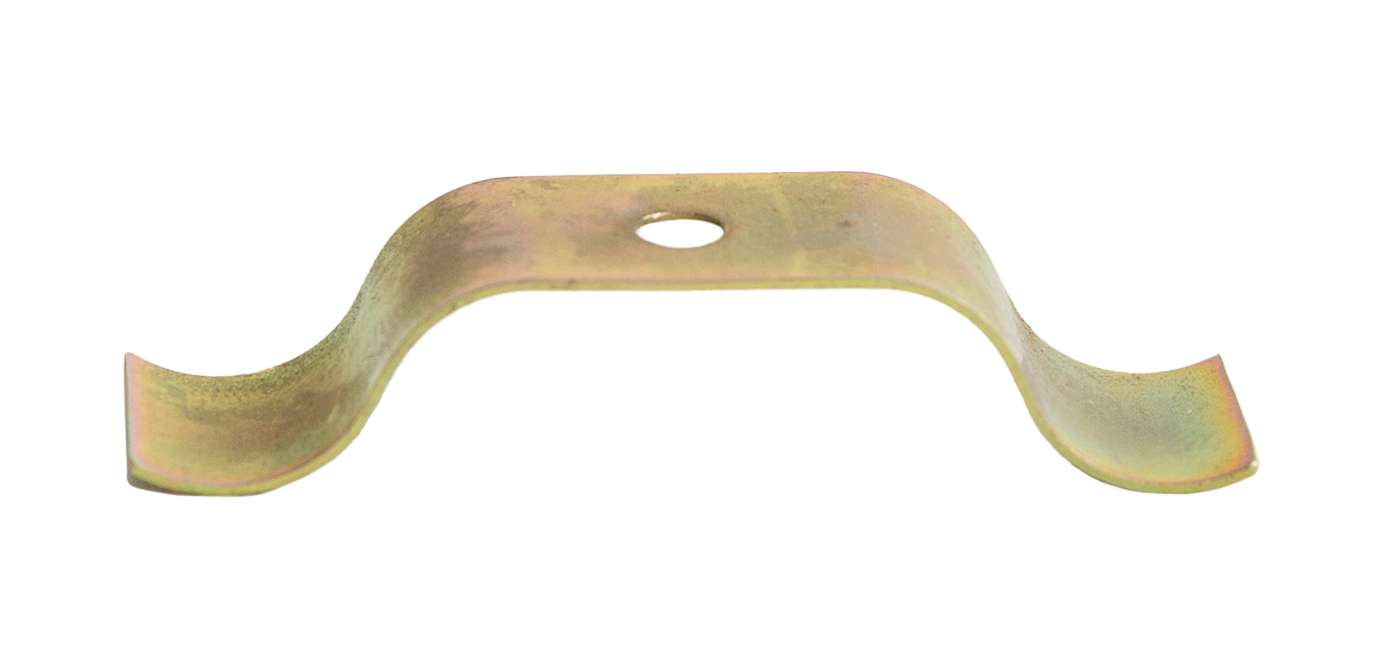
Flat Springs
A flat spring is a type of spring made from a flat, thin piece of metal or composite material. Unlike traditional coiled springs, flat springs are designed in a variety of shapes and sizes to store and release energy through bending or flexing. They are used in applications requiring precise force, flexibility, and a compact design.
- Nickel-silver
- -
- Beryllium-copper
- -
- Stainless steel
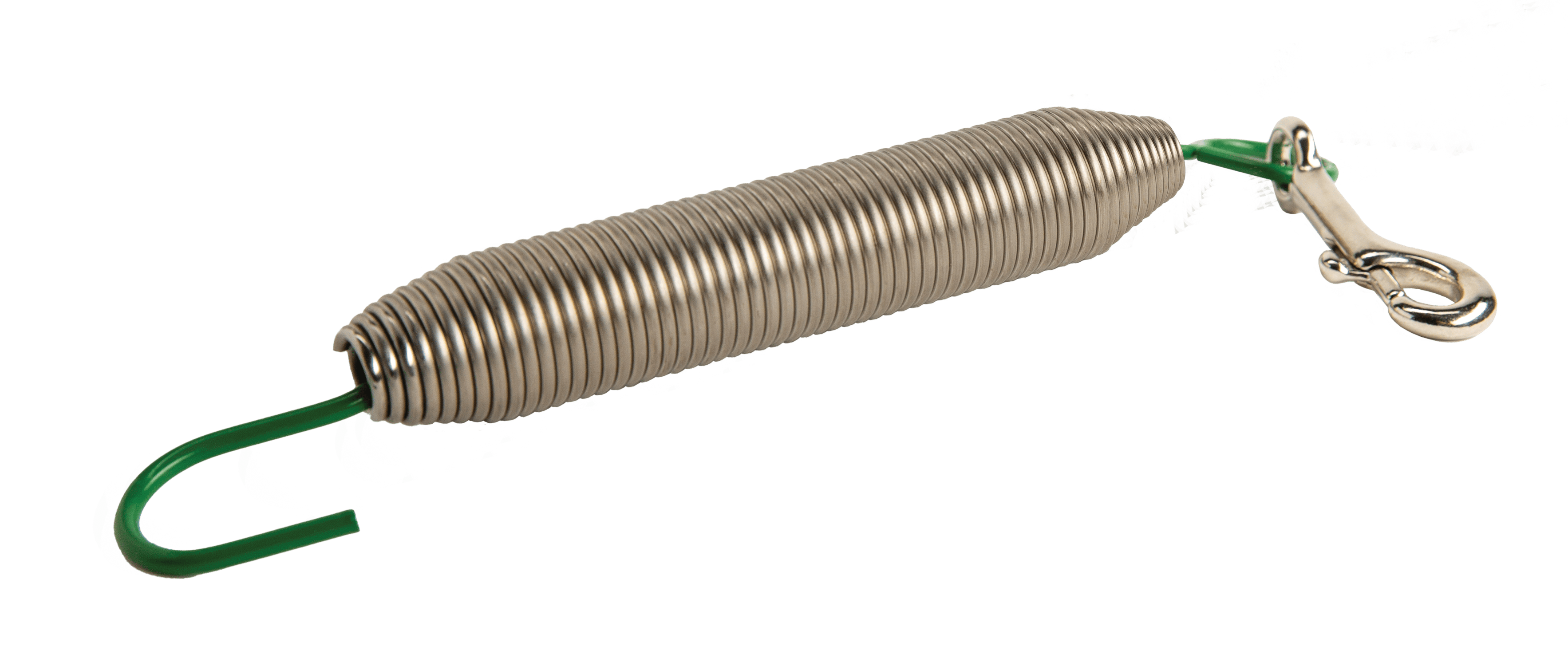
spring assemblies
Spring Assemblies are mechanical systems that incorporate springs to perform specific functions such as absorbing shock, maintaining tension, storing energy, or providing flexibility. These assemblies are crucial in many applications due to their ability to efficiently manage mechanical forces.
©2024 All rights reserved. Site by AC

